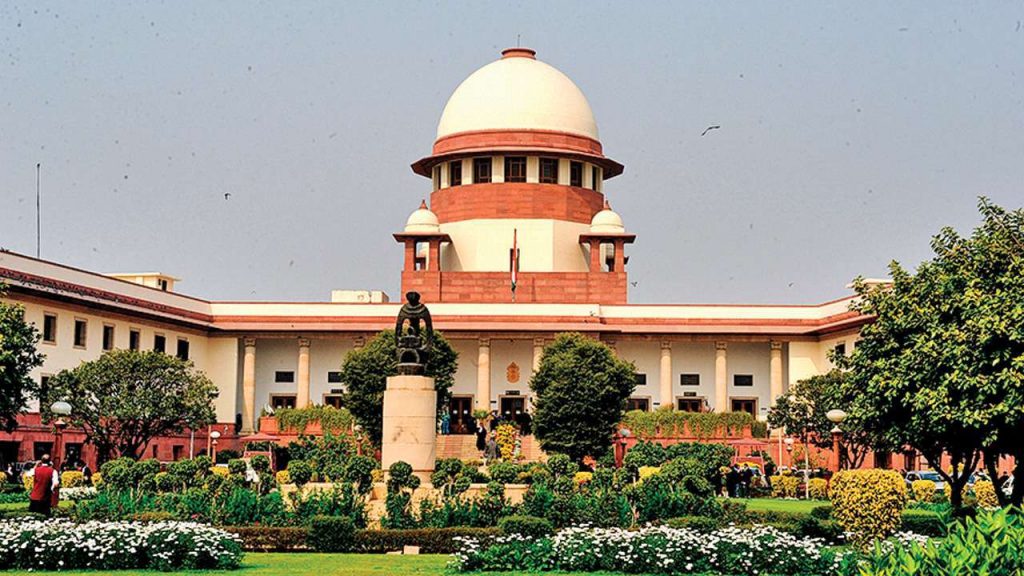New Delhi: The Supreme Court Monday agreed to hear a batch of petitions challenging various provisions of the Insolvency and Bankruptcy Code (IBC) over claims that they are violative of fundamental rights like the right to equality of those against whom insolvency proceedings have been initiated.
A bench comprising Chief Justice D Y Chandrachud and justices P S Narasimha and Manoj Misra issued notices to the Centre and others on as many as three petitions and ordered the pleas to be tagged with a pending petition on the issue.
One of the petitions, which was taken up for hearing Monday, was filed by R Shah, through advocate Anne Mathew, challenging the constitutional validity of sections 95(1), 96(1), 97(5), 99(1), 99(2), 99(4), 99(5), 99(6) and 100 of the Code.
These provisions deal with the various stages of insolvency proceedings against a defaulting firm or individuals.
“The Impugned Provisions are inherently violative of the principle of natural justice and strike at the root of the right of livelihood, right to trade and profession, and also the right to equality of the Petitioner under Article 21 (right to life), 19(1)(g) (Right to practice any profession), and 14 (right to equality, respectively, of the Constitution,” the plea said.
It said none of the impugned provisions contemplated any opportunity of granting hearing to an alleged personal guarantor before appointment of the Resolution Professional and imposition of moratorium on the assets of the personal guarantor.
“Interestingly, Section 96(1) of the IBC imposes the rigour of moratorium upon the alleged guarantor, automatically, upon mere filing of the application under Section 95 of the Code, without any requirement of prior notice which itself is violative of the basic cannons of the principles of natural justice.
“Such restrictions on the liberties of a person, including restrictions to discharge any debt, without affording any opportunity of hearing are not only ultra vires of the Constitution but also unknown in law,” it said.
The scheme of Section 97(5) of the Code does not contemplate any alternative to appointment of a Resolution Professional, it said.
PTI
